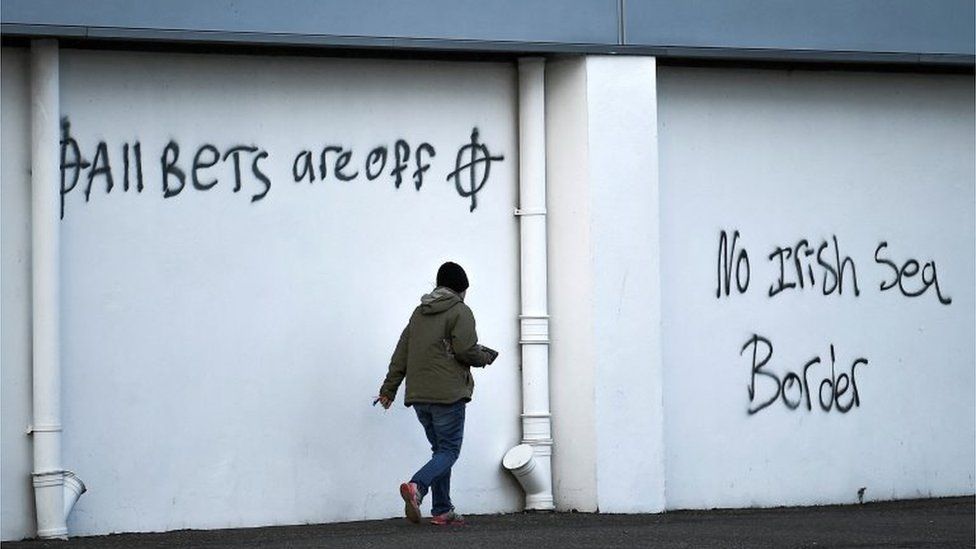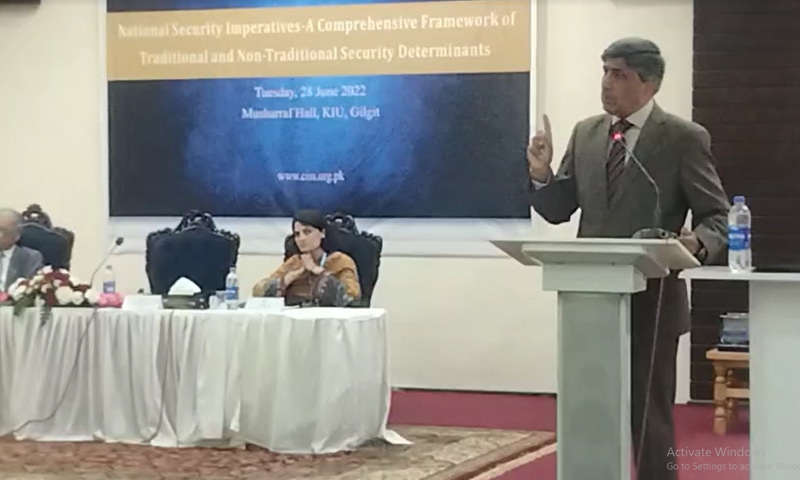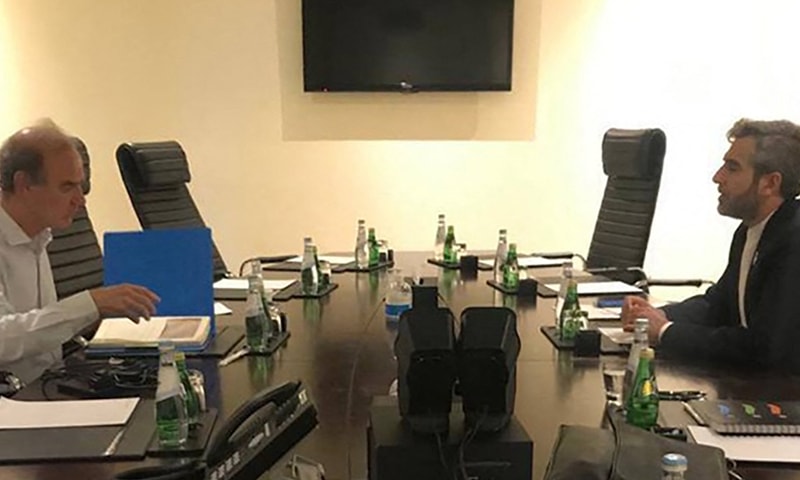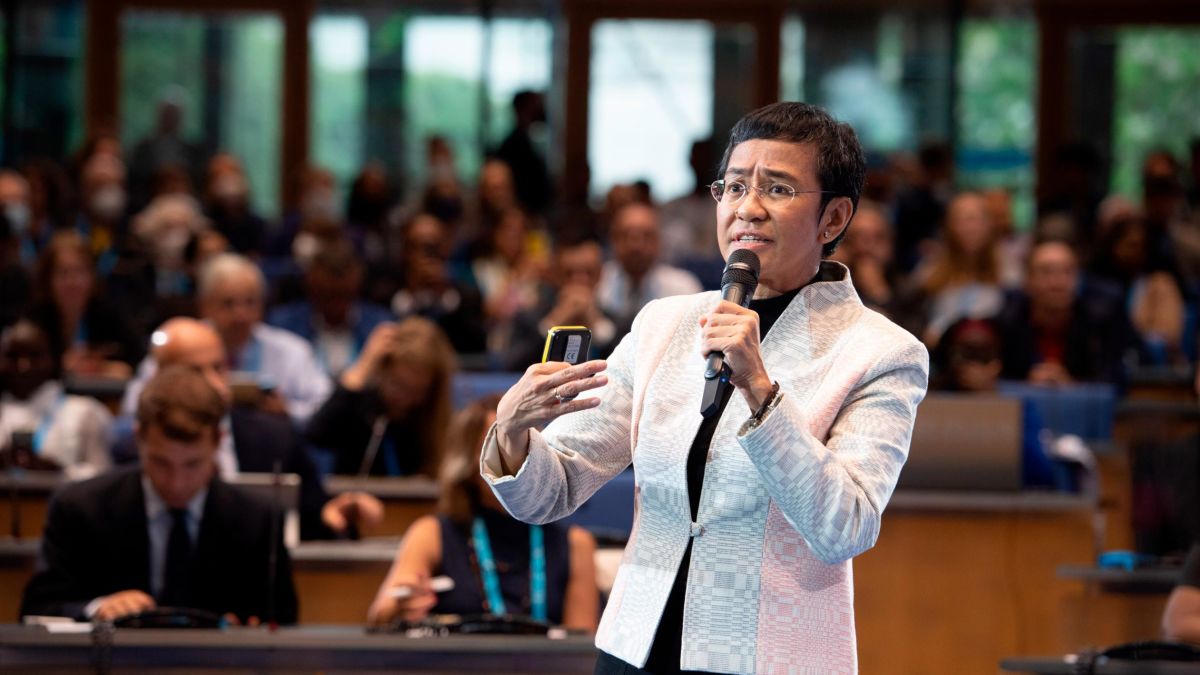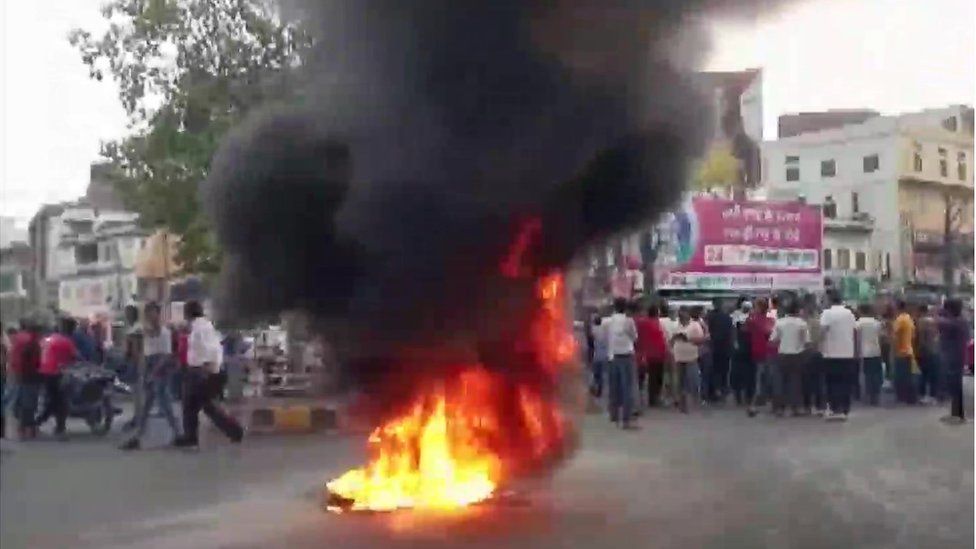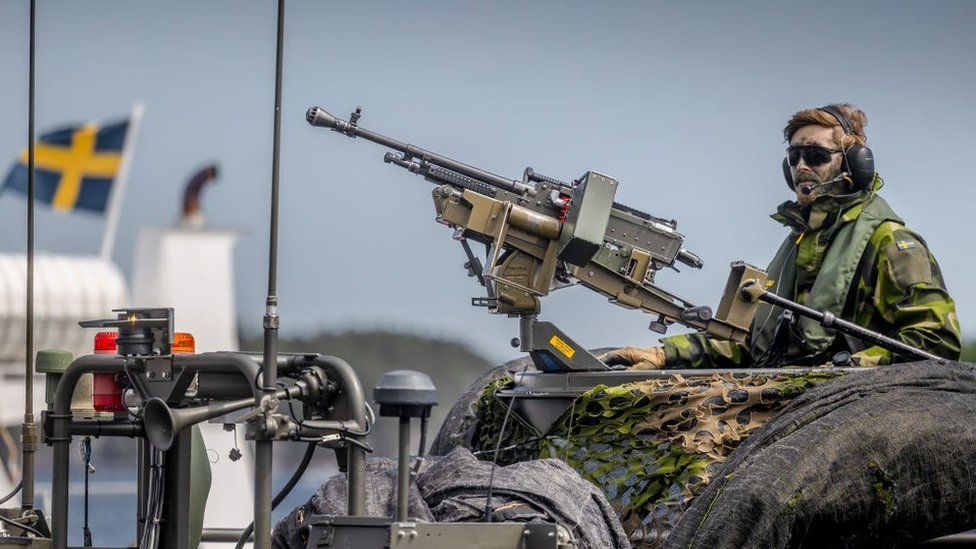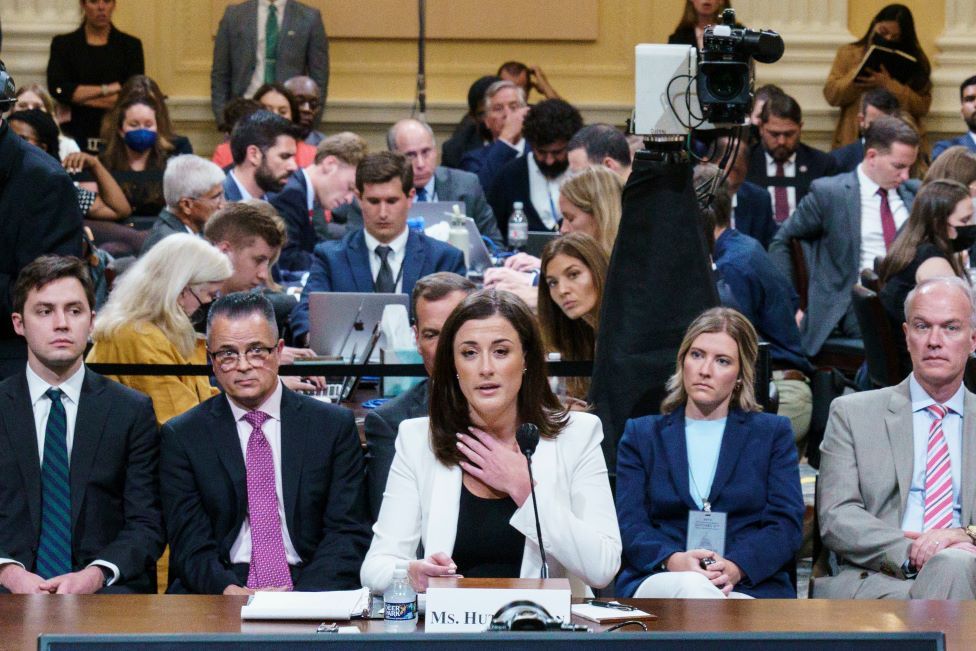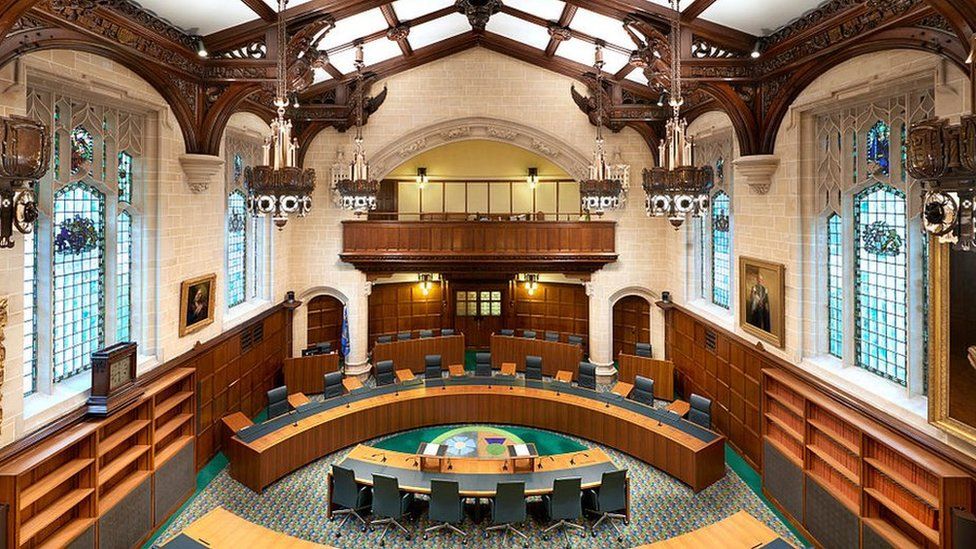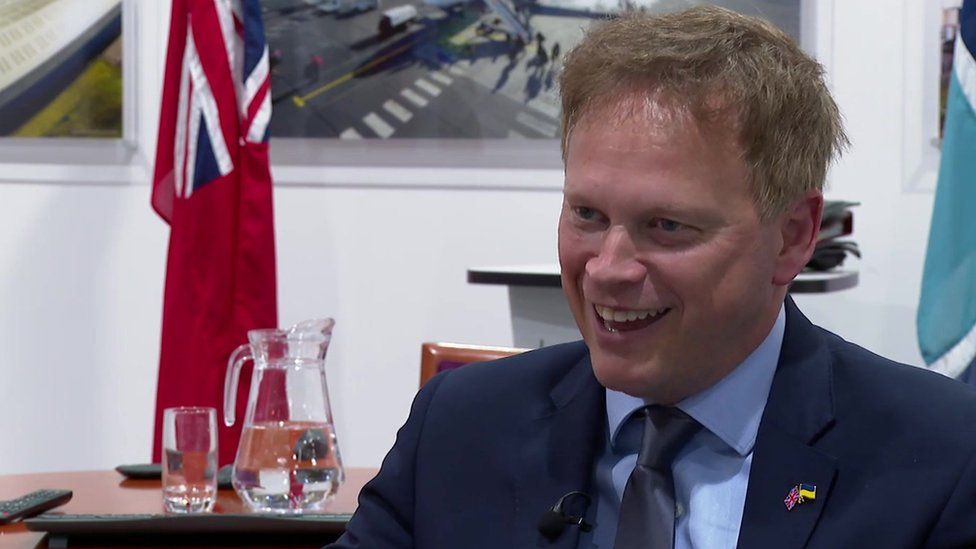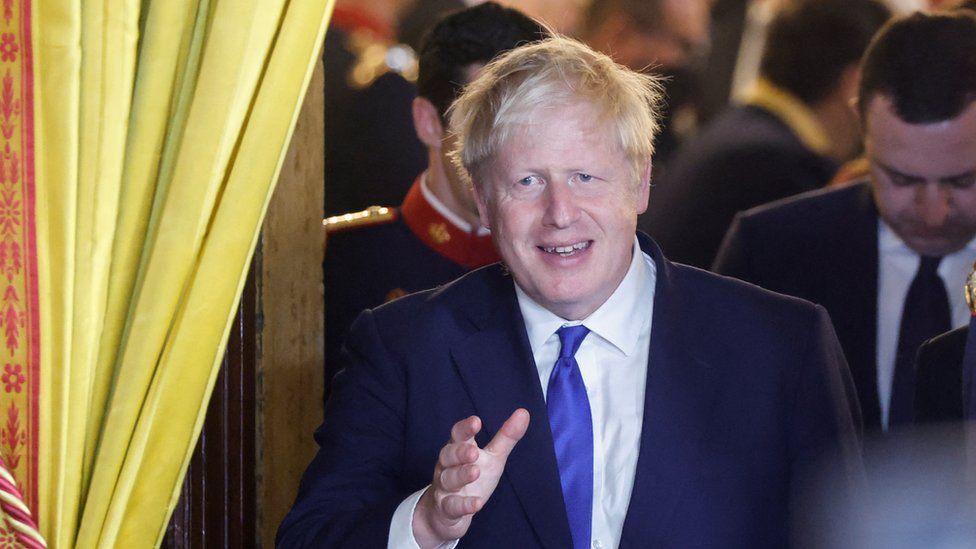Maros Šefčovič told an event in London the EU would not “negotiate on the basis of this bill”.
Foreign Secretary Liz Truss says it will “fix” border problems.
But Mr Šefčovič said her plan was illegal, would create uncertainty and would not work.
His speech came two days after MPs gave their initial approval to the government’s Northern Ireland Protocol Bill.
The proposed piece of legislation would allow ministers to change the part of the UK-EU 2019 deal – known as the Northern Ireland Protocol – that introduced post-Brexit checks on goods sent from Great Britain to Northern Ireland.
Those were designed to avoid checks at the UK’s border with the Republic of Ireland, but are unpopular among some unionists in Northern Ireland.
This week, Ms Truss said the protocol had “many practical problems”, and had created “a growing sense that the rights and aspirations of some parts of the community are being undermined”.
“The protocol was not set in stone forevermore on signing,” she said. “It explicitly acknowledges the need for possible new arrangements in accordance with the Belfast (Good Friday) Agreement.”
The UK government wants to allow goods leaving Great Britain for Northern Ireland to avoid checks, providing they remain in Northern Ireland.
Under the post-Brexit rules Northern Ireland remains in the EU’s single market and Mr Šefčovič argued it was “not for London to unilaterally change the game and decide what enters the EU’s single market”.
On Monday evening MPs voted for the bill at the first stage by 295 votes to 221.
Some Conservative MPs – including the former Prime Minister Theresa May – criticised the bill, arguing that it breached the agreement and therefore international law.
Boris Johnson has suggested the bill could become law before the end of the year – however, it is likely to face fierce opposition in the House of Lords.
Addressing an event hosted by Bloomberg, Mr Šefčovič argued that the protocol, negotiated by the EU and UK, protected the peace process in Northern Ireland.
“The EU cannot – and will not – accept this delicate balance being unilaterally and illegally disapplied because of an outright U-turn by the UK government,” he said.
He did not elaborate on how the EU might respond to the UK’s move.
The Slovakian diplomat said it was “simply unrealistic – and unfair – for London to expect that all barriers can be lifted when goods move to Northern Ireland from the rest of the UK”.
He argued that while he had tried to bring “creative solutions” to the table, the UK had adopted a “my way or the highway approach”.
He said the EU was “ready to talk” but added “you are not going to negotiate when you have a gun on the table”.
In contrast, Ms Truss has accused the EU of not showing enough “flexibility”.
She said the protocol had had a “devastating impact” on Northern Ireland and argued the UK had been left with “no other choice” but to take unilateral action.


